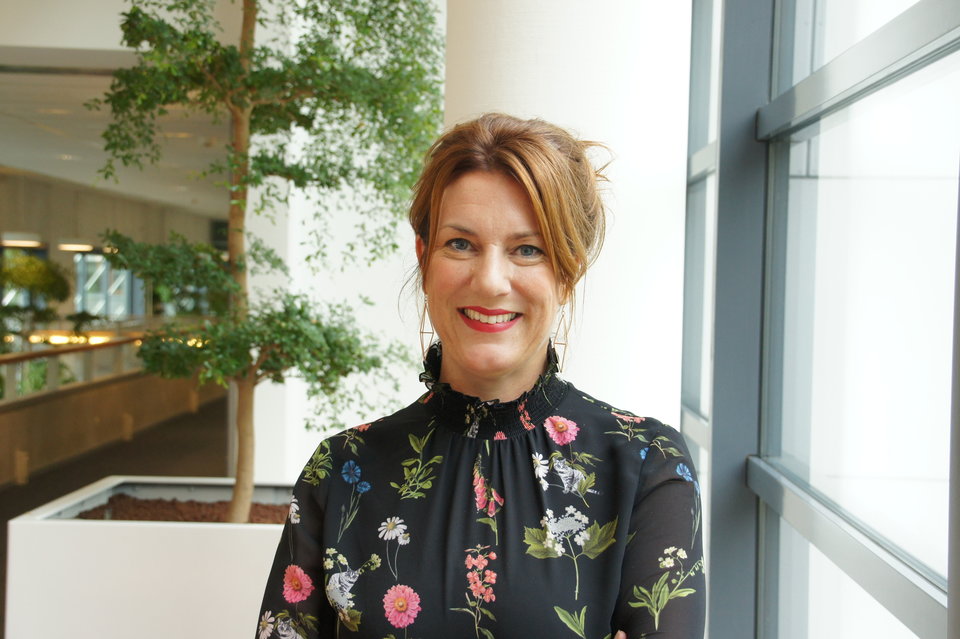New research into the dynamics of the deep subsurface under the influence of human interventions
The research programme DeepNL of the Dutch Research Counsil NWO aims to improve the fundamental understanding of the dynamics of the deep subsurface under the influence of human interventions. Eight new projects will start soon, with TU Delft involved in five of them. TPM researchers Gerdien de Vries and Aad Correljé will do research into the communication of insecurities concerning geo-energy projects within the CrossScale project.
Knowledge and trust in geo-energy
With the project CrossScale, Sebastian Geiger, professor at the CEG faculty, together with his colleagues and the University of Groningen will develop new technologies to build better models of the subsurface with already available measurement data. The new models ensure that subsurface activities, like geothermal energy of Co2 storage, can be executed safely and sustainably. TPM colleagues Gerdien de Vries and Aad Correljé will develop a new Q&A process that improves trust by engaging the wider public when developing such subsurface activities.
The eight granted projects focus, among others, on developing geological models of the Dutch subsurface, studying processes that can lead to induced earthquakes and developing models that predict these earthquakes. The projects encompass a total budget of more than 8 million euros.
DeepNL
The research programme DeepNL aims to improve the fundamental understanding of the dynamics of the deep subsurface under the influence of human interventions and the resulting effects at the Earth's surface. DeepNL focuses on induced earthquakes and subsidence caused by gas extraction in the Groningen area. In addition, DeepNL develops insight into processes and models and methodologies that contribute to a knowledge base for the safe use of the Dutch subsurface for e.g. geothermal energy production and underground storage of CO2 and hydrogen.
